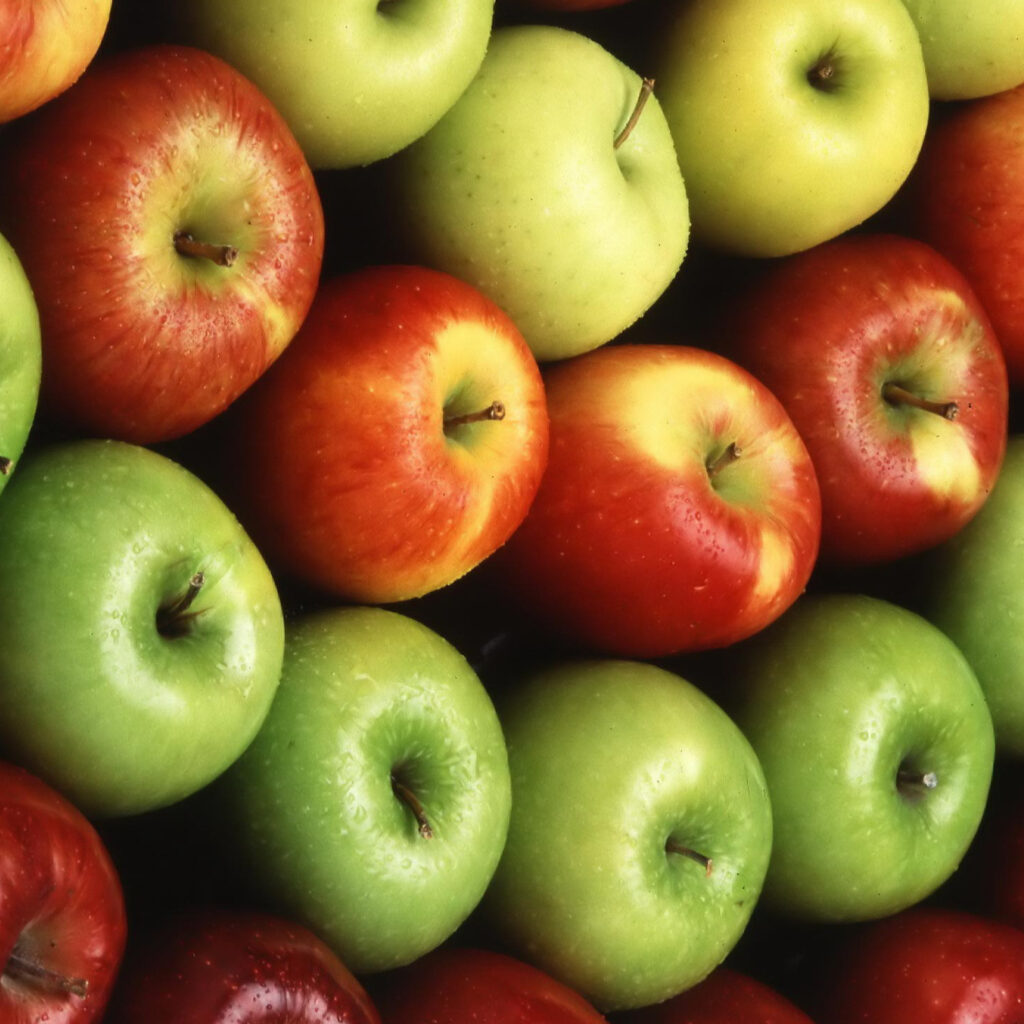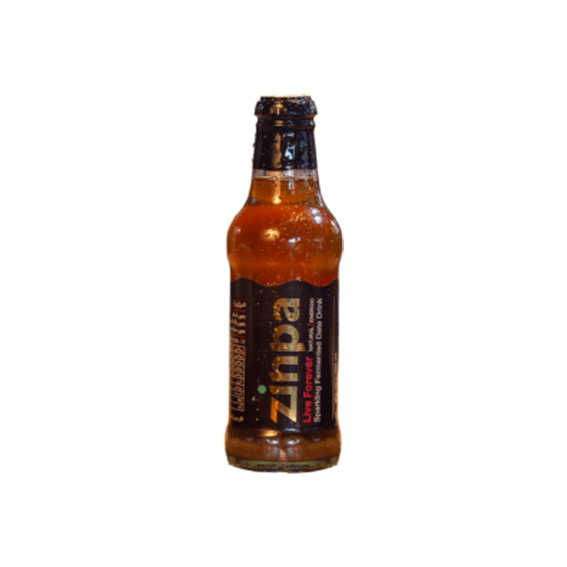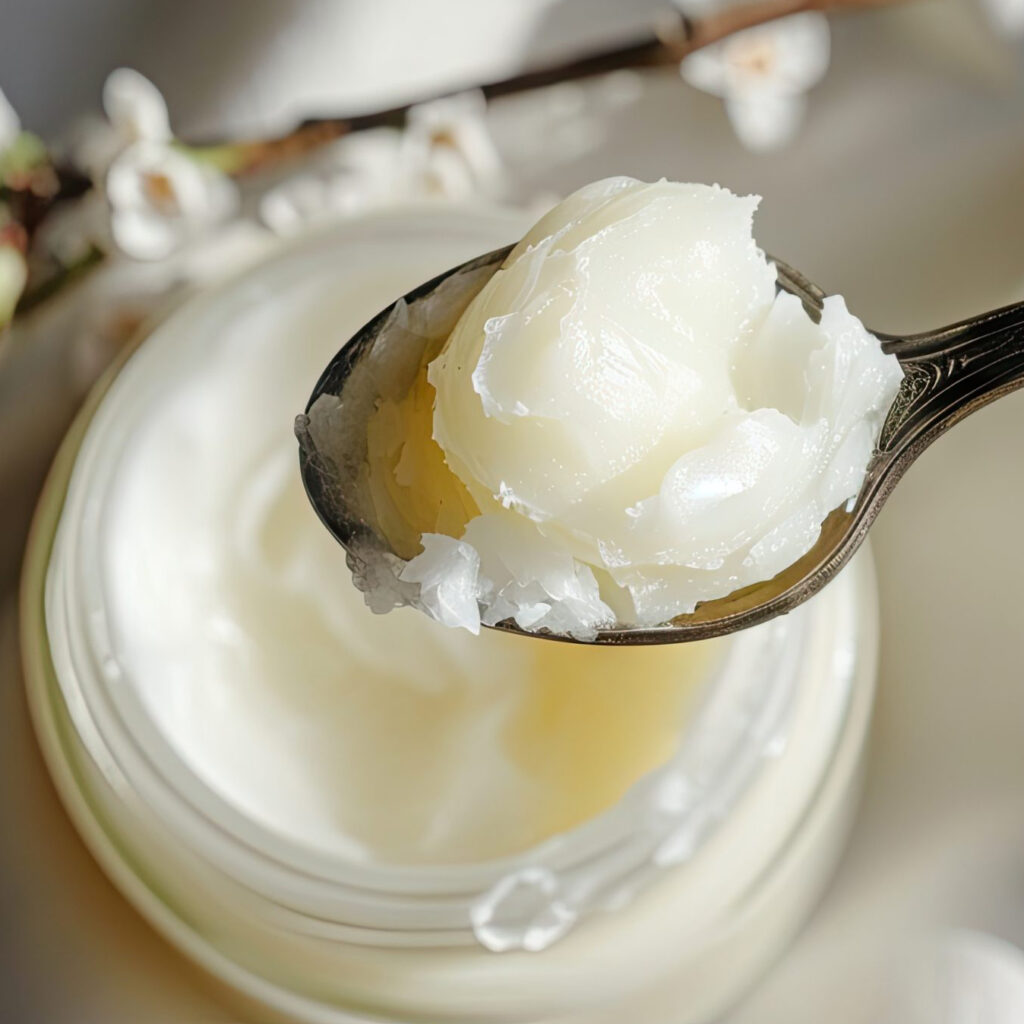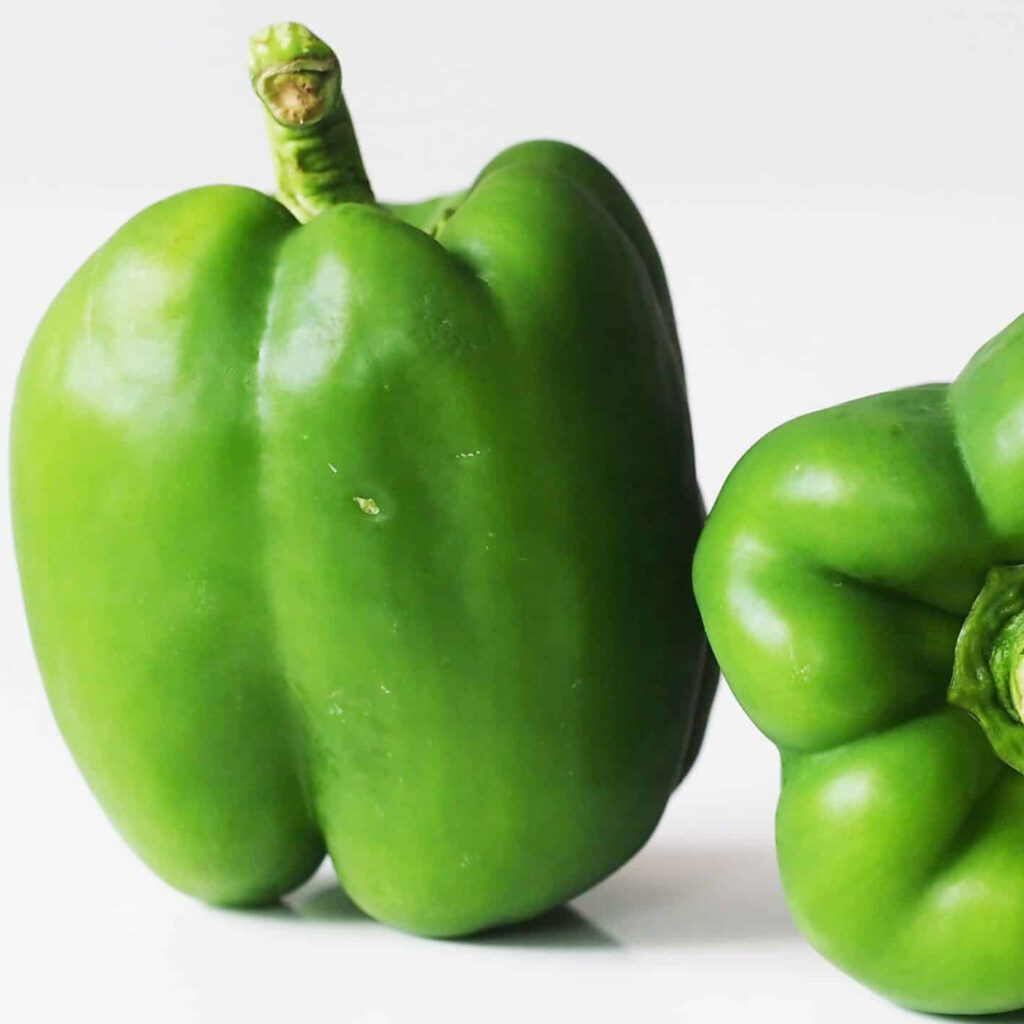Apples are one of the most widely consumed fruits worldwide and are known for their crisp texture and sweet to tart flavor. Here are some interesting facts and health benefits associated with apples:
Nutritional Value
- Low in Calories: A medium-sized apple contains about 95 calories.
- Rich in Fiber: Apples are a good source of dietary fiber, particularly if eaten with the skin on. A medium apple provides about 4 grams of fiber.
- Vitamins and Minerals: Apples are rich in vitamin C, potassium, and several B vitamins, including vitamin B6 and riboflavin.
Health Benefits
- Heart Health: Apples are linked to a lower risk of heart disease due to their soluble fiber and antioxidant content, which can help lower cholesterol levels and reduce blood pressure.
- Weight Management: The fiber in apples promotes a feeling of fullness, which can help with weight control. They are also low in calories, making them a healthy snack option.
- Digestive Health: The fiber content in apples aids digestion and can help prevent constipation. It also supports a healthy gut microbiome.
- Blood Sugar Regulation: Apples have a low glycemic index and contain fiber, which helps regulate blood sugar levels and may reduce the risk of type 2 diabetes.
- Antioxidant Properties: Apples are rich in antioxidants, including quercetin, catechin, and chlorogenic acid, which may help reduce oxidative stress and inflammation in the body.
- Bone Health: Some studies suggest that the antioxidants in apples may promote bone health by increasing bone density and reducing the risk of osteoporosis.
- Cancer Prevention: The phytochemicals in apples have been associated with a reduced risk of certain cancers, particularly lung and colorectal cancer.
- Brain Health: Some research suggests that the antioxidants in apples may help protect brain cells and reduce the risk of neurodegenerative diseases like Alzheimer’s.
Culinary Uses
- Eating Fresh: Apples can be enjoyed raw as a snack or added to salads.
- Cooking and Baking: They are commonly used in pies, crumbles, and sauces, or cooked in savory dishes.
- Juicing and Cider: Apples are often juiced or fermented to make apple cider.
Varieties
There are many varieties of apples, including:
- Fuji: Sweet and crunchy, great for snacking.
- Granny Smith: Tart and firm, perfect for baking.
- Honeycrisp: Juicy and sweet, popular for fresh eating.
- Gala: Sweet and aromatic, great in salads.
Incorporating apples into your diet can be simple and versatile, making them a delicious way to enhance your nutrition and overall health.










